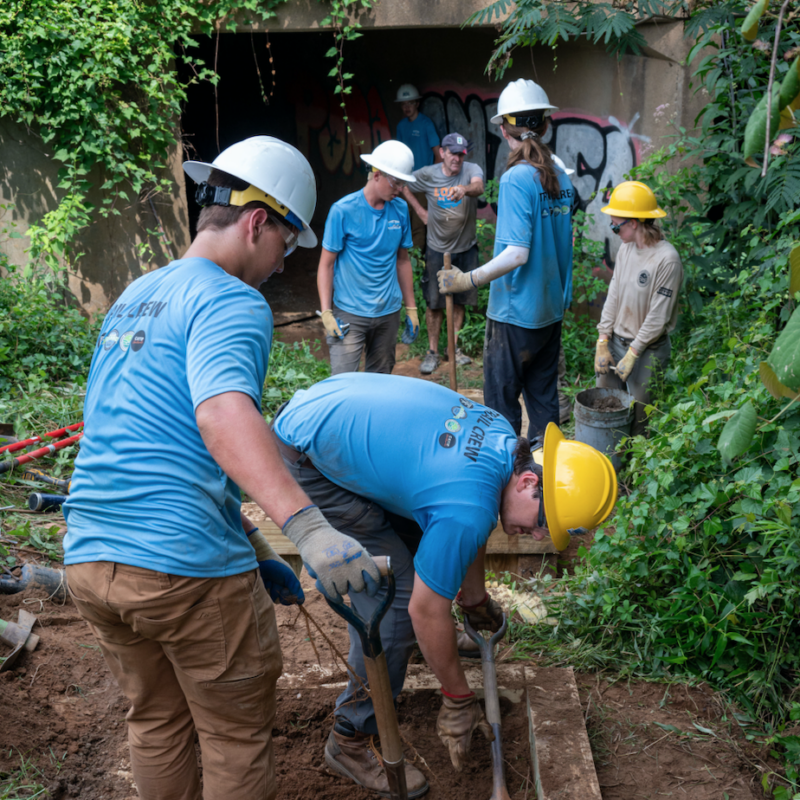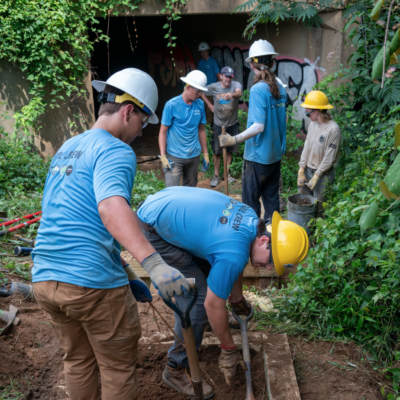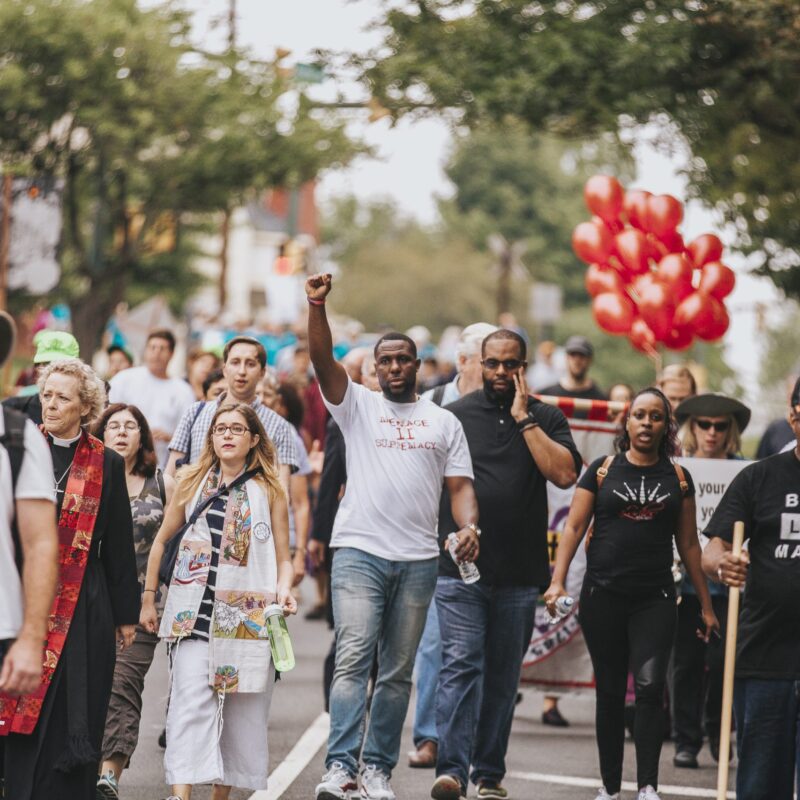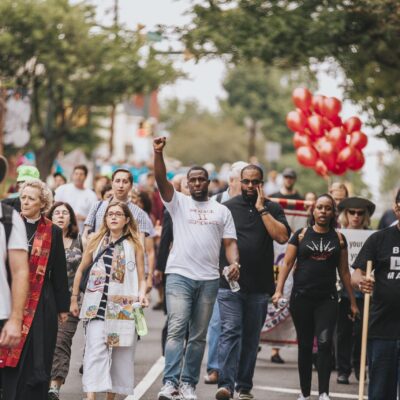When Michael Watson, then 55 years old, accepted an unloaded pistol as payment for 24 doses of OxyContin, the definition of a single word came into question.
A federal provision criminalizes the "use" of a firearm during a drug trafficking offense and imposes a mandatory consecutive sentence of at least five years. Because of the weapon, Watson had another 10 tacked on to his sentence for the drug deal. But does receiving a gun as payment constitute its "use?" That’s the question UVA law students helped bring before the U.S. Supreme Court.
As part of the UVA School of Law’s Supreme Court litigation clinic, law students and professors researched and filed briefs that brought Watson’s case to the Supreme Court this month, where justices heard oral arguments on October 9. In doing so, the law students got a taste of litigation at the highest level, an experience that very few practicing attorneys have had.
 Law professor Dan Ortiz has little but praise for his students who helped bring a case argued October 9. "There’s a very complicated style manual that you have to follow. And they mastered that." |
"[The students] did all the initial research," says Dan Ortiz, a UVA law prof. "They did all the initial drafting. …And they would do all the final production work, putting the thing together, making sure all the citations were in order. There’s a very complicated style manual that you have to follow. And they mastered that."
Ortiz says that the Court has most likely voted on the case and assigned the opinion to be written. From there, the justices will circulate opinions. After the majority opinion is circulated, justices will begin working on dissents. This means that the students and professors will have to wait months to find out the Court’s ruling.
Meanwhile, some students have moved on to jobs. Kristen Keranen is working at Sullivan & Cromwell LLP, a top law firm in New York City. She says that her experience with the Watson case helped her legal writing, among other aspects.
"It was really helpful to see and try to predict how the justices would rule, and so we would write to convey what we wanted in the best terms possible," says Keranen. While she says that the students didn’t write toward any one justice ("I think that’s a little cynical," she says), "there were definitely points where we would say, ‘Well, this point will resound with a certain justice, so we need to make sure we include that.’"
The clinic handled five cases last year. Of those five, the Court declined to hear one case that the clinic argued the Court should pass on and took one of the four that the clinic supported.
"It doesn’t sound like a very good track record, but [the justices] actually review fewer than 1 percent of the cases that people ask them to," says Ortiz. "They’re only hearing 70 or so cases a year, so we felt very lucky to have them take basically a quarter of ours."
C-VILLE welcomes news tips from readers. Send them to news@c-ville.com.





